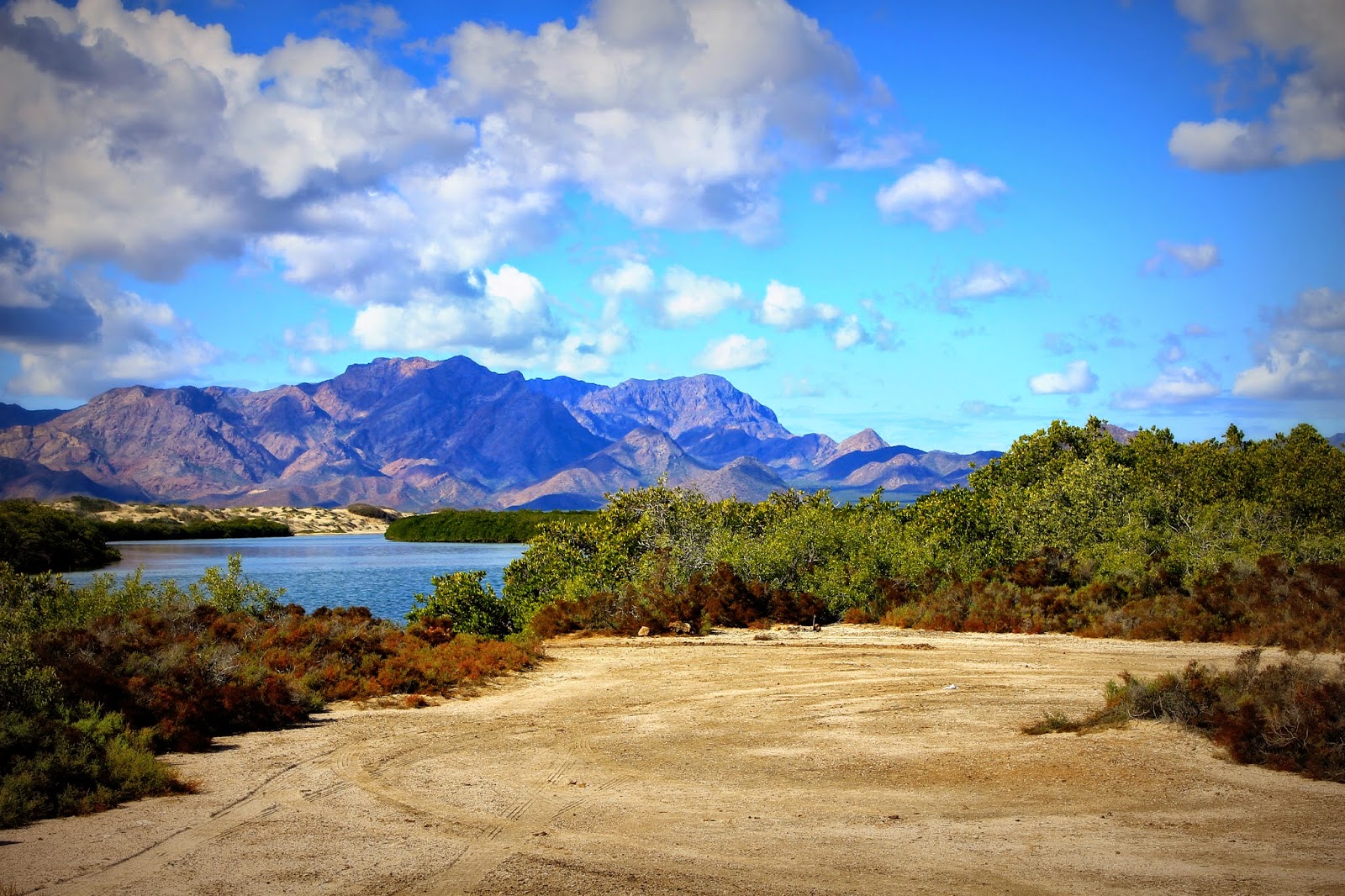“He who is contented is rich.”
Lao Tzu
This blog has sat dormant for over a year, gathering dust, hiding the creativity that dwells here, much like the cobwebs that are currently clogging the creative outlets in my brain. But today, for some reason, I found myself of a philosophical mindset, leaving me with the urge to write something that is not thesis or graduate school related for once.
Today, I celebrate my 35th birthday and this may be why I am in a philosophical mood. Many people reflect on the past year during the New Year. I, on the other hand, like to do this on my birthday as I think it is an excellent way to evaluate where I am and where I want to be...or don’t want to be.
In April, 2013, I wrote this blog entry: I Gather No Moss. When I woke up today, I found myself thinking about this entry for some reason. So, I decided to read it. Afterward, I sat there smiling and shaking my head. In many ways, I feel so removed and so distant from that angry, stubborn, prideful, arrogant woman who spent a sleepless night in the Singapore airport writing that entry. I have to admit, I was following my dream. I was doing the things I wanted to be doing at that point in my life, but reading back through that entry, it was apparent that I was also not happy while doing it.
As I sit here typing, I now realize that the anger, fear, and loneliness I carried with me at that point in my life is gone. Don’t get me wrong, I can still get quite stubborn and prideful...and occasionally a little arrogant, but I feel content and at peace. And, believe it or not, I am living the life I sneered at back then. And that is an amazing revelation. I have stayed in one place for over a year and have not once thought about leaving. What?! For those of you that don’t know me, this is a major milestone in my life and something that in 2013, I never thought I would want or was capable of doing.
I see now that I am in a transitional period of my life. I am shifting gears toward a new direction. The days of living out of a backpack or my car are behind me. The days of seasonal contracts are gone. I now have a wall to hang my worldly goods on and it actually feels damn good to look at that wall. I have a job that gives me a consistent paycheck and lets me hang out with kids on a regular basis, while also giving me a retirement plan, which is a novelty in itself. And...I have an amazingly, wonderful, supportive, loving person in my life who loves me for me and wants me to be the very best version of me that I can be. I have to admit, that feels pretty good.
Before arriving to Prescott, my last year in Hong Kong was spent constantly talking about the need to take a break, to get back in touch with the things I like to do outside of field work...to slow down. Well, I actually did it for once and it was far easier than I ever expected. This past summer was the first summer I have spent not in the field since 2003. I now have weekends and a set schedule. For once, I can plan my life. I can get back into the things I like to do: drawing, painting, crocheting, cooking. I can contemplate trying new things that I’ve always thought about doing, like: going to graduate school, gardening, getting a Y membership, making friends outside of work. Staying in Prescott is letting me learn that you don’t need to go to faraway places to experience epicness and adventure. It can happen in one’s own backyard. I am also learning to be content where I am, to open my eyes and see what is around me, to really get to know a place. And to get to know that place enough to want to call it...home.
Don’t get me wrong, I still have days where I am tempted by the taunting voices of my old pals, Wanderlust and Adventure. Days when all I think about is sitting in a kayak in front of Aialik Glacier, listening to the rumble of icebergs hitting the icy waters of the Kenai Fjords. However, for now I am content to just sit and reminisce over these thoughts and the memories that follow them. Although my life has slowed in comparison to years past and my priorities are shifting, I am still the person I was then. I do not regret the choices and adventures I've followed in my life. At this juncture, I am simply choosing different adventures and adding more layers to the rich life I’ve already been living.




